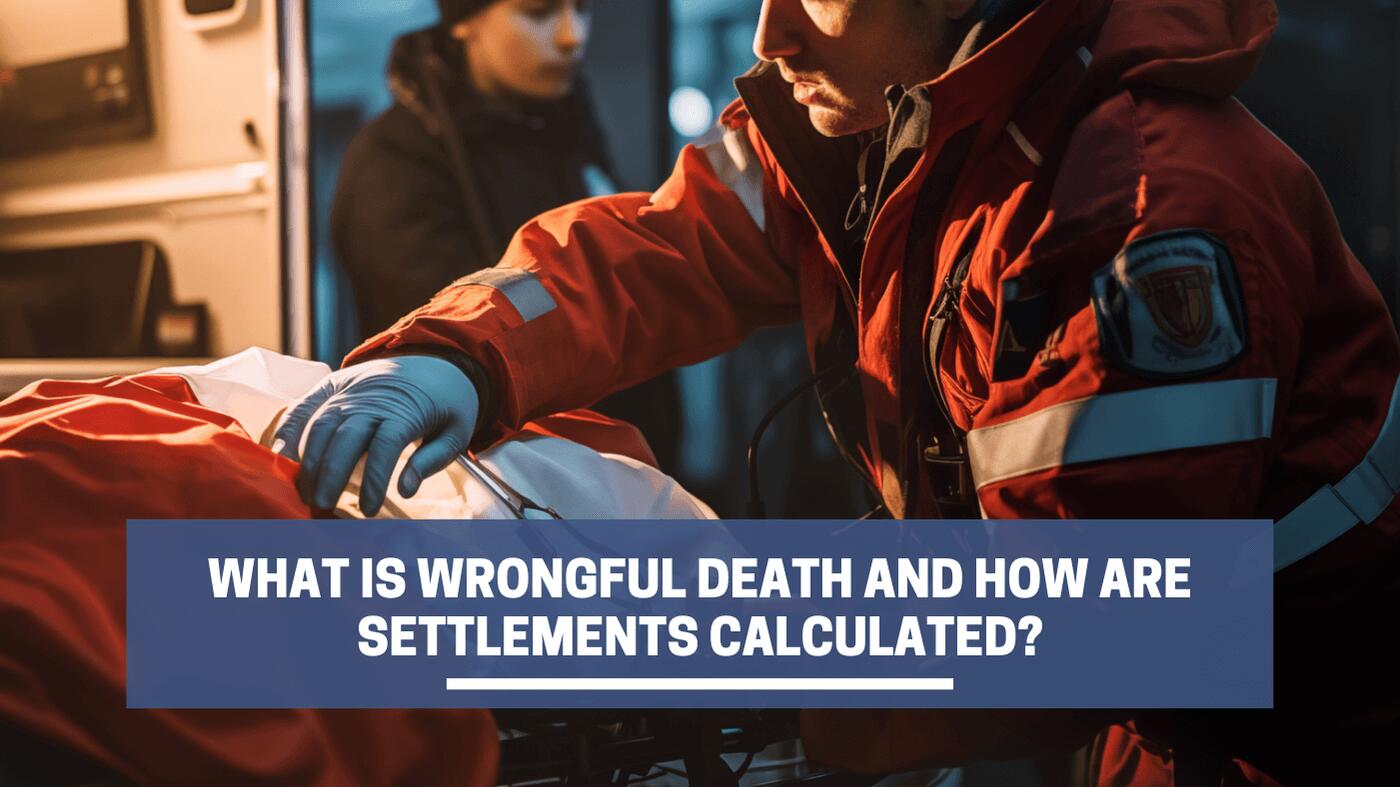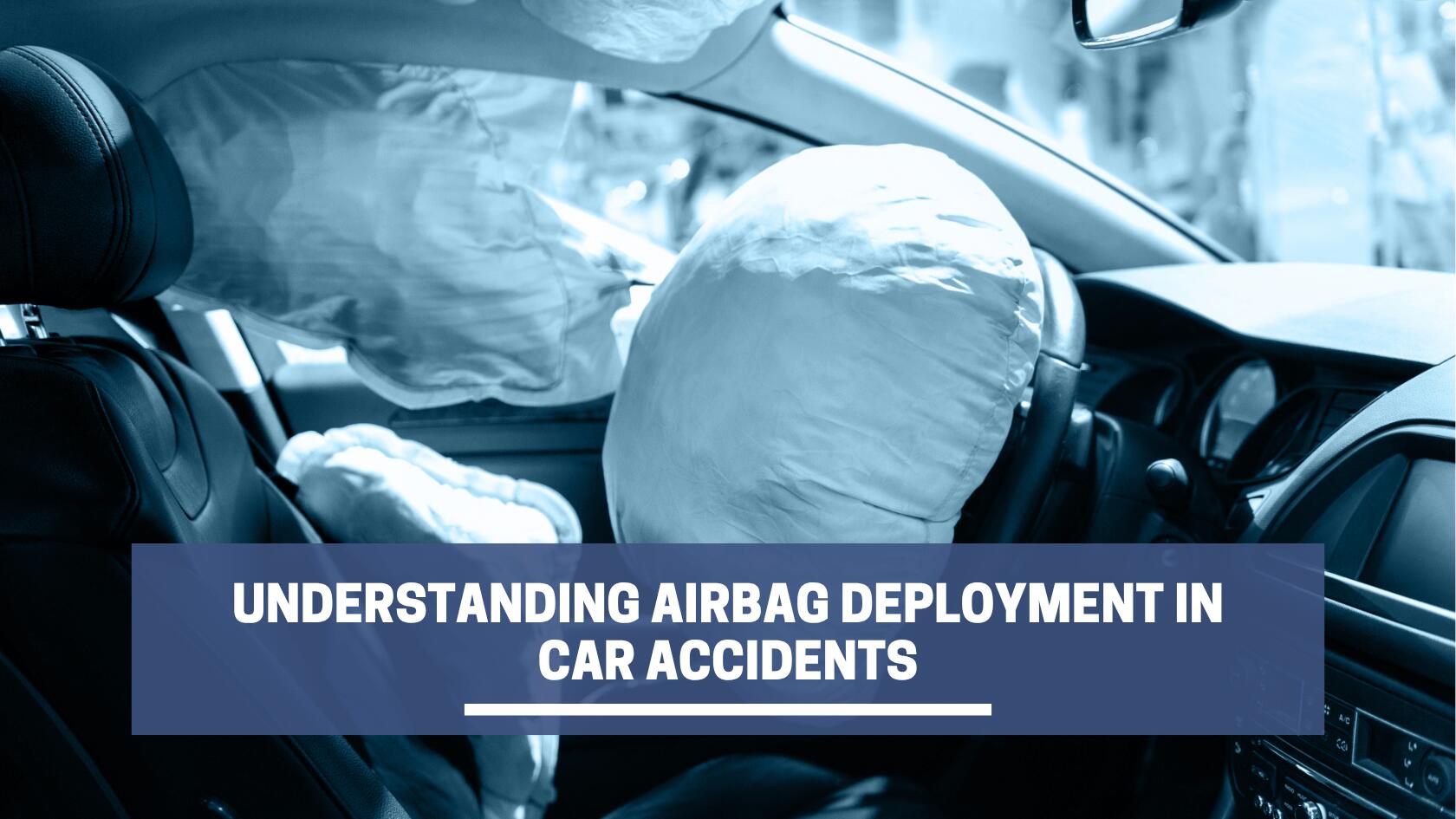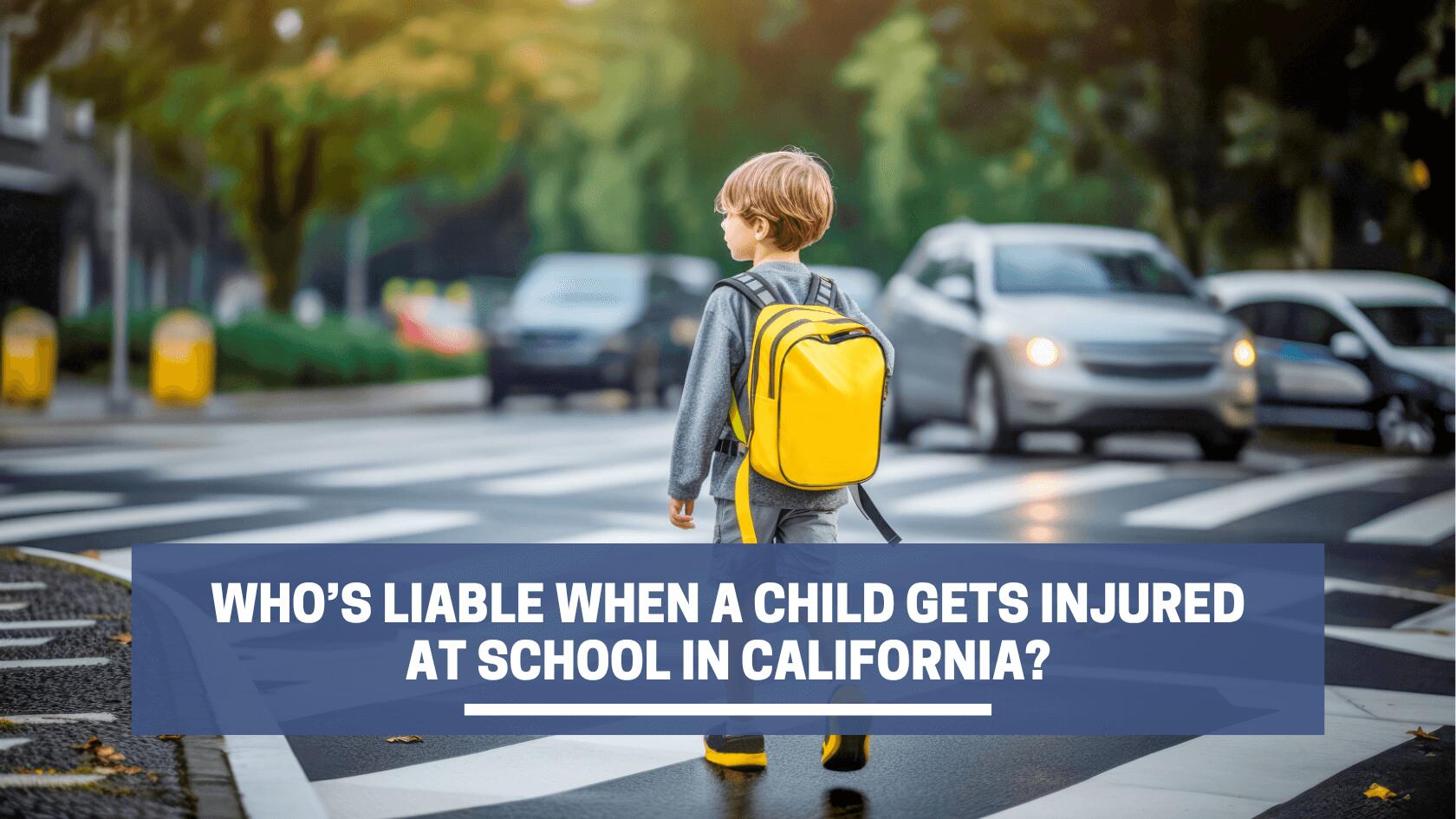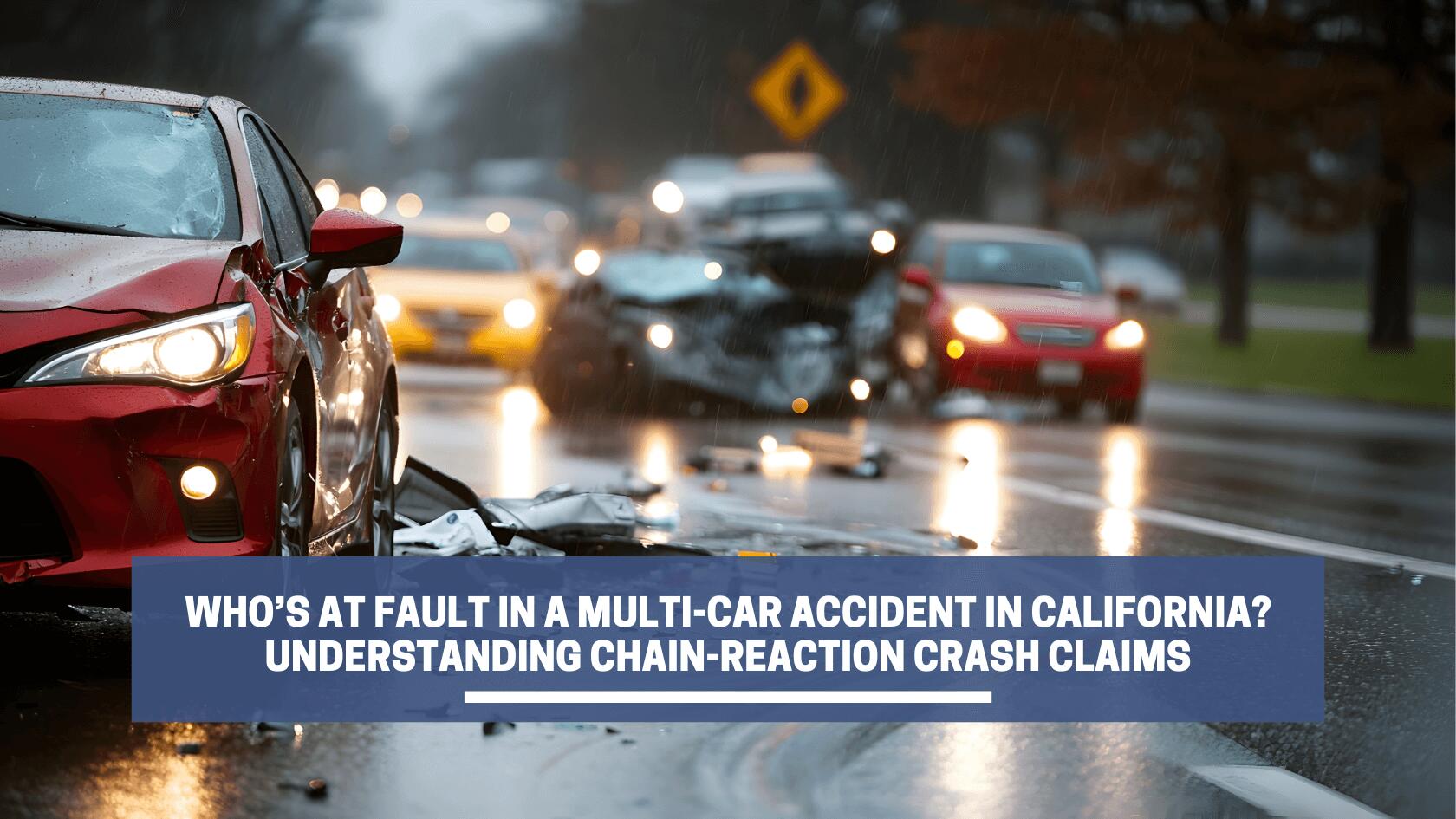Losing a loved one is an unimaginable pain, made even worse when their death is caused by another party’s negligent behavior or intentional actions. Amid the grief, many wonder how to seek justice for their loss.
Understanding wrongful death claims and how settlements are calculated can help you find closure and receive compensation. If you’re dealing with these difficult questions, it’s important to learn the basics of wrongful death cases and how the settlement process works.
Understanding Wrongful Death
Wrongful death refers to a situation where a person dies as a result of the negligent or intentional actions of another individual or entity. Wrongful death can result from a variety of circumstances, including premises liability, workplace accidents, or fatal auto collisions. When a victim dies due to injuries sustained in an accident caused by another’s negligence, their family may file a wrongful death claim to seek compensation.
Here are two examples of wrongful death:
- Construction accident. When a worker dies from negligence on a construction site, such as inadequate safety measures or faulty equipment, the family can seek compensation. This may cover medical expenses before death, pain and suffering, funeral costs, and loss of future earnings, helping to mitigate the financial and emotional impact of their loss.
- Car accident. A reckless driver kills a pedestrian. The pedestrian’s family may claim compensation for medical expenses, funeral costs, loss of income, and loss of companionship and guidance.
Who Can File a Wrongful Death Claim in California?
In California, the right to file a wrongful death claim is specifically defined by state law. The California Code of Civil Procedure Section 377.60 outlines who is eligible to file after the death of a loved one:
| Party | Eligibility to File |
| Immediate Family | Surviving spouse or domestic partner Biological children Adopted children Dependent stepchildren |
| Extended Family and Dependents | Putative spouse Children of the putative spouse (if financially dependent) Parents (if financially dependent) Stepchildren (if financially dependent) |
| Other Heirs | Siblings Grandparents Others who would inherit under intestate succession (if no immediate family or dependents) |
| Special Circumstances | Financially dependent individuals not explicitly mentioned Legal guardians (filing on behalf of minor children) |
How Is Wrongful Death Proven?
Proving a wrongful death claim involves meeting the burden of proof by demonstrating that the defendant’s actions caused the death. The following steps are typically involved in this process:
- Duty of Care. The first step is to establish that the defendant had an obligation to act with reasonable care towards the deceased. This obligation varies depending on the relationship between the parties and the circumstances of the incident. For example, drivers are expected to follow traffic laws and operate their vehicles safely to prevent accidents.
- Breach of Duty. Once the duty of care is established, the plaintiff must demonstrate that the defendant breached this duty. This involves showing that the defendant’s actions were negligent or intentional and that these actions fell short of what a reasonable person would have done in similar circumstances.
- Causation. Proving causation is often the most complex aspect of a wrongful death case. The plaintiff must establish that the defendant’s breach of duty caused the death. This requires a clear link between the defendant’s actions and the fatal outcome, often supported by expert testimony and evidence.
- Damages. Finally, the plaintiff must prove that the death resulted in specific damages. These damages can be both economic (medical expenses, funeral costs, lost income) and non-economic (pain and suffering, loss of companionship).
Calculating Wrongful Death Settlements
The calculation of wrongful death settlements involves assessing both economic and non-economic damages. Each case is unique, and the settlement amount depends on various factors, including the circumstances of the death, the relationship of the survivors to the deceased, and the financial impact of the loss.
Typically, a wrongful death attorney will calculate your family’s settlement by assessing the following:
Economic Damages
Economic damages are losses that can be quantified in monetary terms:
- Lost wages and future earning potential of the deceased
- Medical expenses incurred before death
- Funeral and burial costs
- Loss of financial contributions to the family
Non-Economic Damages
Non-economic damages are incalculable losses that are more challenging to quantify:
- Emotional distress of the surviving family members
- Pain and suffering of the deceased before death
- Loss of companionship, care, or protection
Punitive Damages
California allows punitive (exemplary) damages for some wrongful death cases. This compensation is intended to set an example by punishing the defendant for especially heinous or wanton behavior. For instance, you may be able to seek punitive damages if your loved one died in an accident involving a drunk driver or someone who was recklessly speeding.
Factors Influencing Settlement Amounts
Several factors can influence the amount of a wrongful death settlement. Typically, an economic expert will be called on to assess the following and determine an appropriate amount of compensation for your loss:
- Age and health of the deceased. The age and health of the deceased may be considered. The passing of younger, healthier individuals may result in higher settlements due to the longer potential earning period and life expectancy.
- Earning capacity. The deceased’s earning potential and employment status at the time of death can impact the settlement amount. Higher earning capacity often translates into higher compensation to reflect the economic support the family would have received.
- Dependents. The number and financial dependence of the deceased’s survivors can affect the calculation of damages. More dependents or dependents with greater financial needs (like young children or elderly family members) can increase the settlement amount to cover their support and care.
- Circumstances of the death: The nature of the incident that caused the death affects the settlement. Deaths resulting from particularly egregious actions or involving multiple liable parties might lead to higher settlements due to the potential for punitive damages and the complexity of legal liability.
What to Do if You Experience the Wrongful Death of a Loved One
Experiencing the wrongful death of a loved one is an incredibly traumatic event that can leave you feeling lost and overwhelmed. It’s important to know the steps to take to protect your family’s right to compensation and seek justice for your loved one:
- Seek legal advice immediately. Contact a wrongful death attorney as soon as possible. A specialized lawyer can help you understand your legal rights, the process for filing a claim, and how to secure potential compensation. This step is crucial for navigating the complex legal landscape of wrongful death claims and ensuring that your case is handled effectively.
- Gather and document evidence. Start compiling all relevant evidence that could support your claim. This includes obtaining copies of death certificates, medical reports, and autopsy results, and gathering witness statements and any available video or photographic evidence from the incident. This documentation will be vital in building a strong case on our family’s behalf.
-
File a police report if applicable. If the death resulted from a potentially criminal action, such as a DUI or hit-and-run, report it to the police immediately. A police report provides an official record of the incident and is a critical piece of evidence for your wrongful death claim.
-
Notify the insurance companies. With your attorney’s guidance, inform the deceased’s life insurance provider and any other relevant insurers, including the insurance companies of the responsible party. This initiates the claims process and secures any benefits or compensation that might be available under existing policies.
-
Seek emotional support. Dealing with the wrongful death of a loved one is emotionally taxing. Engage professional counseling or join support groups to help you and your family navigate grief. You may be able to seek compensation for the cost of mental health support to help you cope with the emotional impact of your loss.
-
Keep detailed records. Organize and maintain comprehensive records of all interactions and documents related to the wrongful death. This includes keeping track of legal consultations, correspondences with insurance companies, and receipts for any related expenses. Detailed records are invaluable in legal proceedings and insurance negotiations.
Get Fair Compensation for the Wrongful Death of Your Loved One
Dealing with the loss of a loved one due to wrongful death is an incredibly challenging and emotional experience. To protect your family’s rights, work with a qualified wrongful death attorney who can help you seek a fair recovery award and hold the negligent party liable after a loved one’s wrongful death in California.











